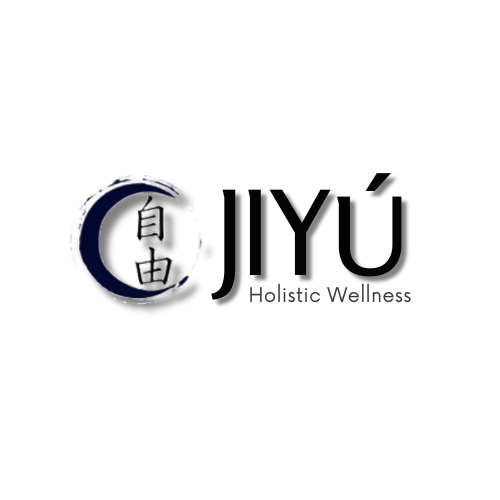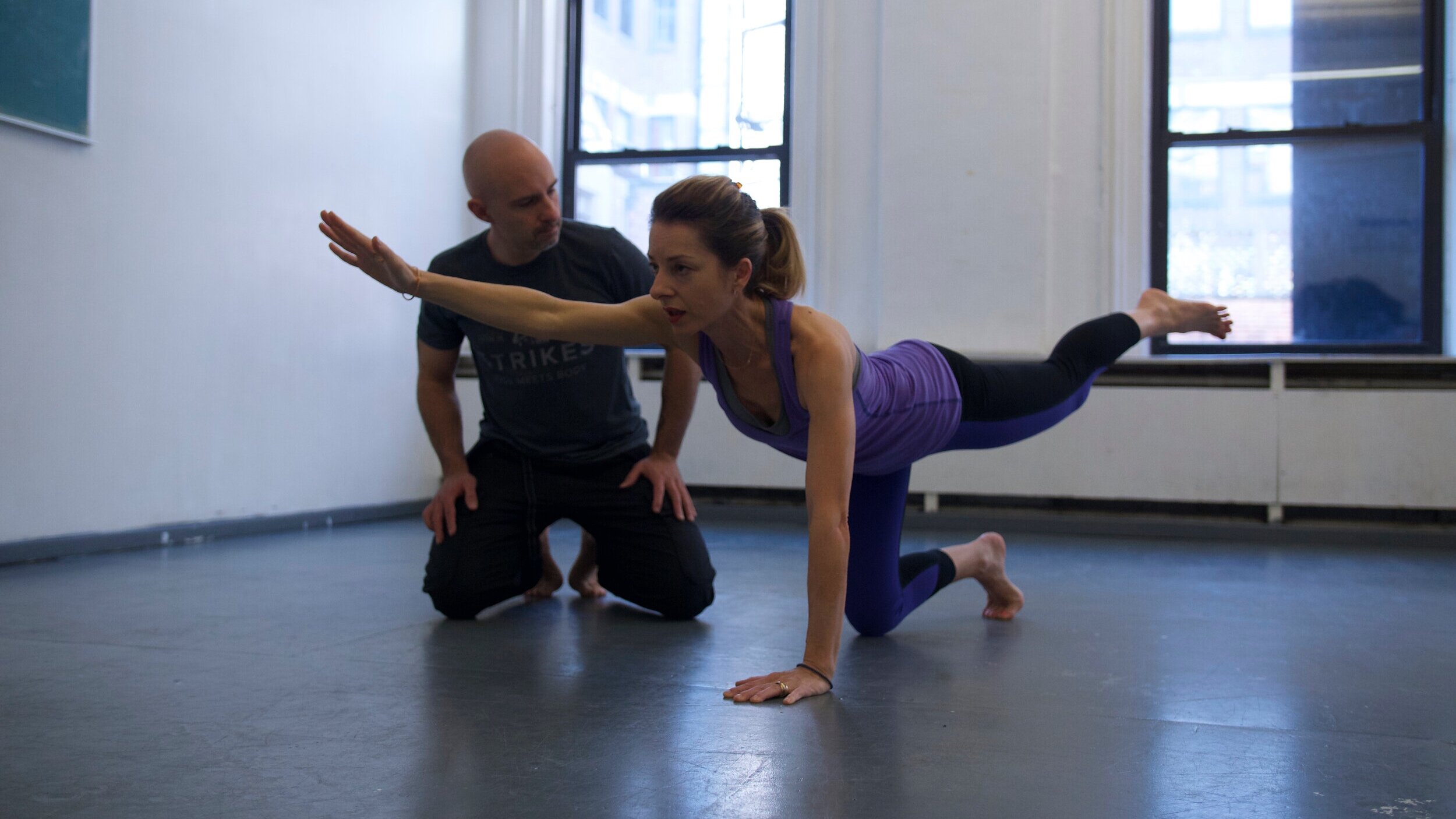Seeking a healthy balance in all things
DONT EXERCISE… TRAIN!
A Holistic approach to personal training and fitness emphasizes a sense of embodiment and function.
Embodiment has to do with understanding the connections between the mind (thought) and the body (movement).
Function has to do with the usefulness of the movement in daily life.
Move Better… Feel Better!
This is a much deeper experience than physical training. In order to train the body, you need to also train the mind. One of the main reasons people fail to reach their fitness goals is because they treat the body as separate from the mind. The trouble is, emotions and thoughts affect the body, so if they aren’t addressed, it makes it difficult to get the most from your physical workouts and performance.
If the body is just pounding our reps in a linear fashion on a machine at the gym it won’t necessarily translate to your everyday movements and choices. 30 minutes at the gym will not undo what you are doing to your body the other 23.5 hours of the day!
Training happens when you start examining your behavioral patterns and learn to make healthier decisions which in time help you create a healthier baseline. This is where a teacher or trainer steps in to give you the skill set, make objective assessments, and help you plan in a way that you can reach your goals.
There is no substitute for living an examined life.
NUTRITION COACHING…
AN INDIVIDUALIZED APPROACH
Diet is the most important part of maintaining your health. It accounts for more than 80% of your health, exercise only about 5-10%. You cannot undo poor food choices with exercise.
In truth, we know very little about diet. With all of the fad diets, ethical considerations, and so called ‘health-foods’ that are pushed on us by marketing it can be hard to separate fact from fiction in what constitutes a healthy diet.
There is no one-size fits all diet.
One thing we do know is that what constitutes a healthy diet varies from person to person. A banana may be a great food for one person, but cause a significant spike in blood glucose for another. And to top it off, your dietary needs change as you age!
In any case, your diet should never be a source of suffering. Abstaining and starving yourself will do little to change your life for the better.
What we can do with Nutrition Coaching:
General guidelines for what constitutes healthy eating
Identifying problem foods in your current diet
Strategies for eating healthy and setting yourself up for success
Identify which nutrients may be missing from your current diet
Plan meals around and to support daily activity
Food choices to change body composition
Nutrient Timing, Fasting, and Elimination Diet Methods


